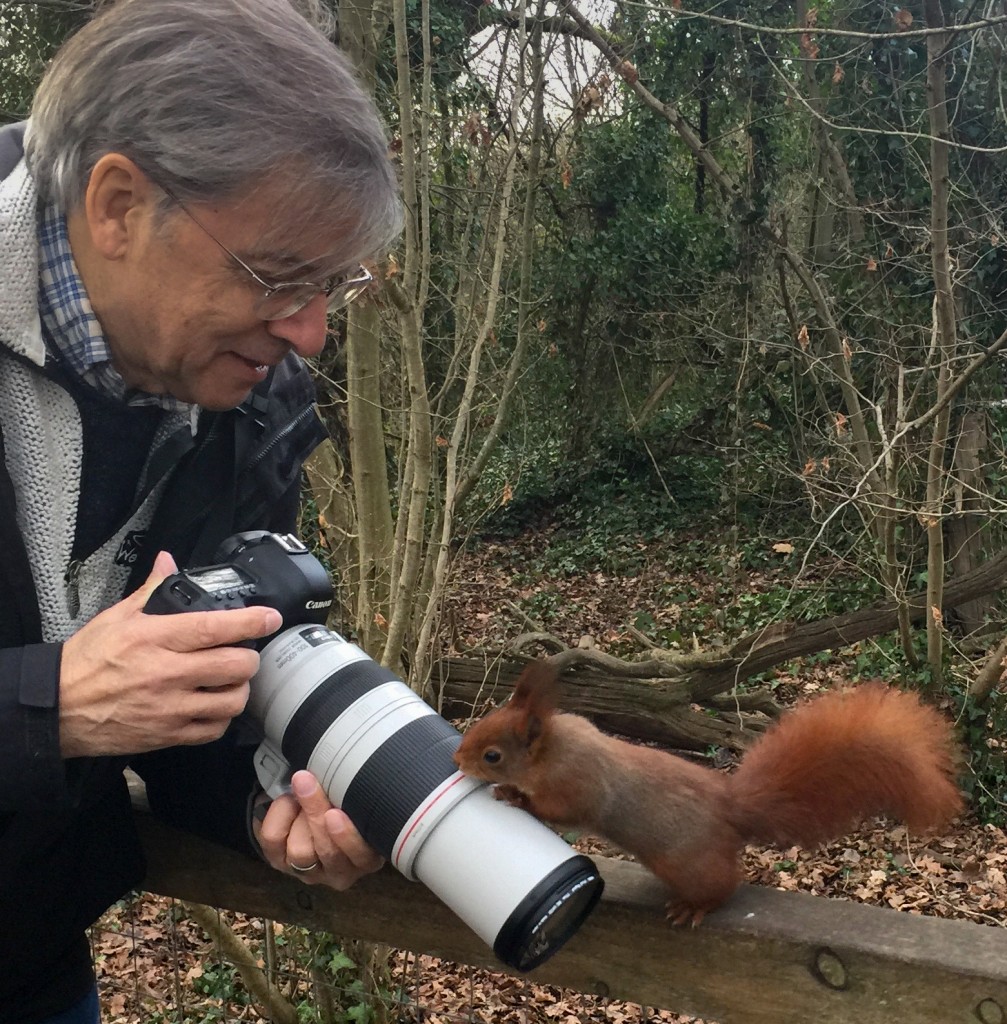“Though folklore connects people to their past, it is a central part of life in the present, and is at the heart of all cultures”
American Folklore Society
The term ‘folklore’ is a very complex concept and it is not easy to find a single, undisputed definition. In broad terms, folklore can be described as the expressive culture that is shared by a particular group of people and includes the traditions that are common to that group.
These may be oral traditions such as tales, proverbs and jokes. They may include material culture, ranging from traditional building styles to handmade toys. Folklore also includes customary lore, such as the rituals of celebrations like Christmas and weddings, folk dances and initiation rites.
The various traditions, beliefs, customs and stories that relate to the community are passed down through the generations, usually by word of mouth or demonstration. They help to create a shared identity within a social group enabling us to learn who we are and how to make sense of the world around us.
Folklore links us to the cultural heritage from the past, and helps us to discover what it is to be human. It encompasses our attitudes, assumptions, beliefs, feelings, knowledge, understandings, and values.
This competition seeks to portray the various facets that make up the concept of folklore. Inspiration may be found in seasonal celebrations such as Christmas, New Year’s, and Halloween or lifecycle celebrations such as baptisms, birthdays or weddings. Other ideas include community festivals such as Mardi Gras, Carnivals, and Gay Pride for example.
Further inspiration may come from arts and crafts, ballads, folktales, fairy tales, folk plays, folk religion, games, legends, myths, nursery rhymes, regional costumes, traditional and regional food or traditional song and dance.
